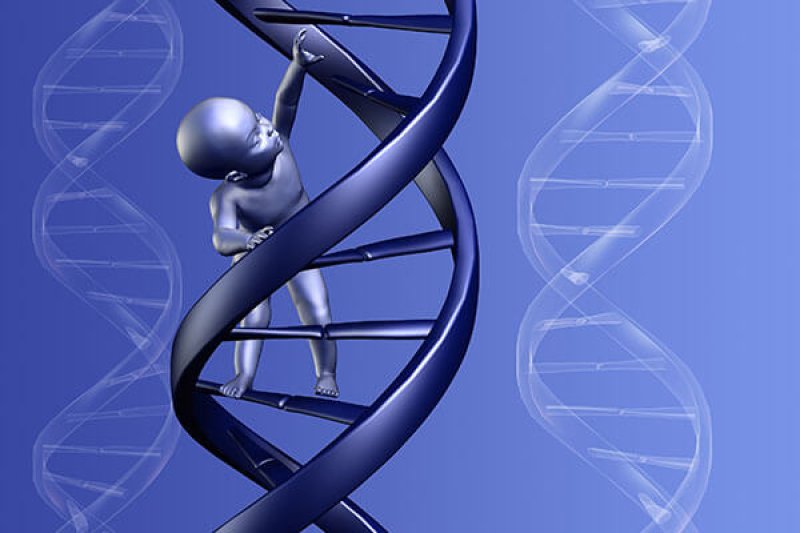Most people think the genetics revolution is primarily about healthcare. But what’s really at play is the evolutionary trajectory of the human species.
But during his recent talk at this year’s Tech Open Air (TOA) conference in Berlin, he explains how developments in preimplantation embryo screening, in vitro fertilization, induced stem cells, gene editing, machine learning and a host of other technologies are converging to transform the way we make babies and the nature of the babies we make.
With the introduction of CRISPR and other gene editing tools, we are beginning to be able to write the code of life. Our biology is coming to be seen as yet another form of information technology. When we think about humans 200 years from now in our sci-fi movies, humans are kind of like us.
But after 3.8 billion years of evolving by one set of rules which we call the Darwinian principles of random mutation and natural selection, our species is now turning an evolutionary corner. And from this point on, we are going to evolve and begin evolving by an entirely new set of rules.
Watch his talk here:
Jamie Metzl is a futurist and senior fellow of the Atlantic Council. He previously served as deputy staff director of the U.S. Senate Foreign Relations Committee, director for multilateral affairs on the National Security Council and as a human rights officer for the United Nations in Cambodia. His new book, Hacking Darwin: Genetic Engineering and the Future of Humanity, will be released in April 2019. Follow him on Twitter @JamieMetzl































